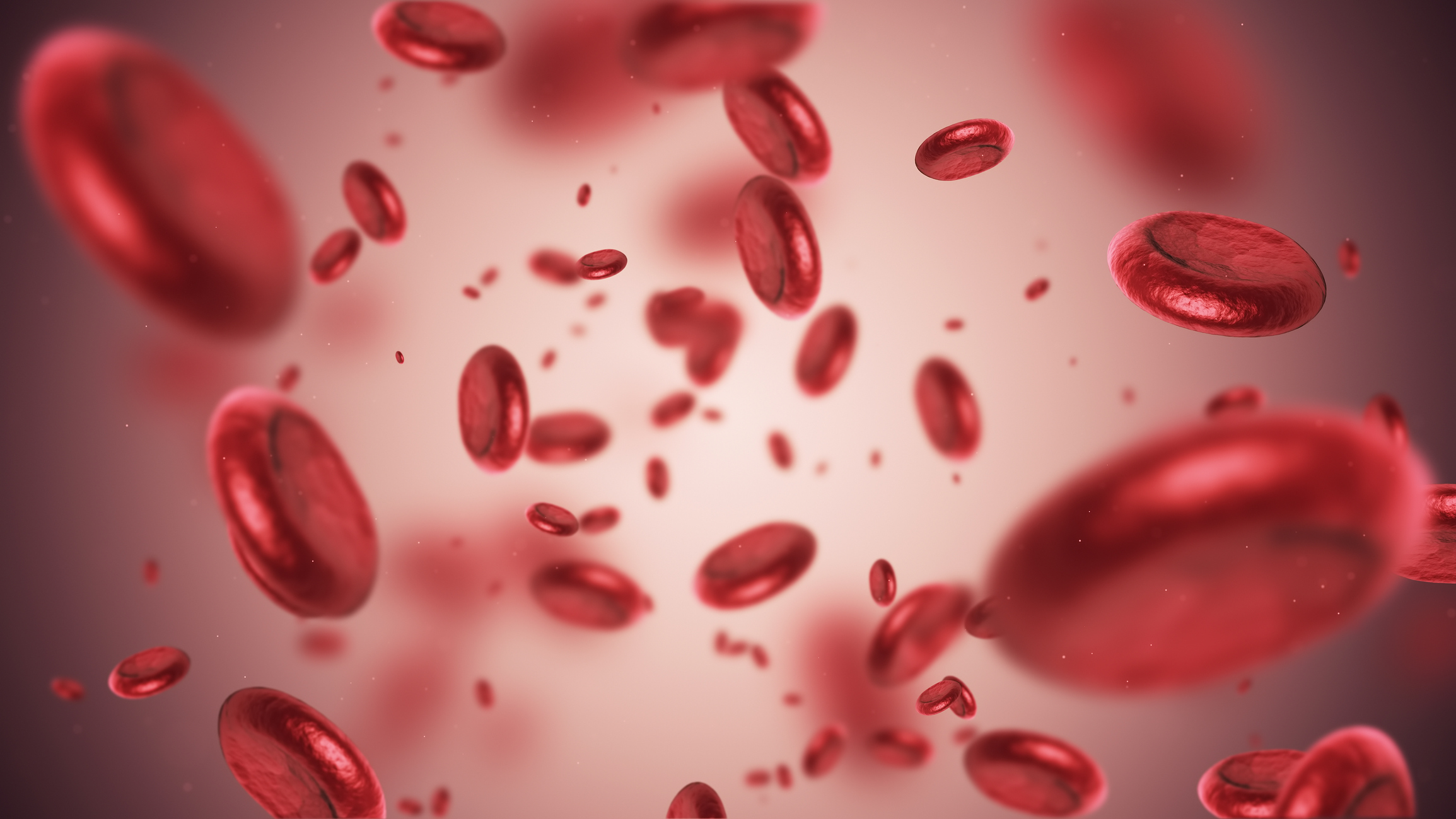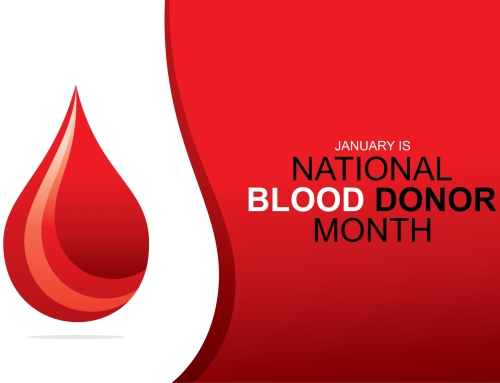Anemia is common among individuals with chronic kidney disease. Take this quick quiz to find out if you might have anemia:
Do You Have These Symptoms of Anemia?
- I am very tired all/a lot of the time
- I feel like my muscles are weaker than they used to be
- I feel dizzy or lightheaded-like I might pass out
- I feel short of breath after even a little bit of activity
- I am cold when others around me are not
- I feel confused or have trouble thinking clearly
- I have very pale skin and/or bluish fingernails or lips
- I crave to chew ice or to eat clay, starch, dirt or other non-food substances
- I am having problems with erections or my sex drive
If you have any of these symptoms, you may have anemia that needs treatment. Share your symptoms with your physician and care team so they can help you.
Tips for Managing Anemia
Treating your anemia means more than just your doctor’s prescription for EPOGEN® or Aranesp® (or Procrit® if you have kidney disease but are not on dialysis). You have a role to play in your own anemia management, which includes:
Exercise – Research shows that endurance exercise like walking, swimming, biking, or jogging, can help anyone to have stronger muscles, a healthier heart, and more energy—including people with kidney disease. And, if you do have kidney disease, exercise does even more: it helps spur the growth of more red blood cells, which can reduce anemia. Talk to your doctor about starting an exercise program, if you are not active now.
Take Your Iron – The iron your doctor prescribes is the building block your body uses to make red blood cells. It doesn’t do any good to have enough EPO if you don’t also have enough iron. Iron pills are not often absorbed well enough to give you high enough iron levels. Instead, a liquid iron elixir, or intravenous iron is used—but they can work only if you take them.
Ask About SubQ EPO – Many people who are on dialysis get their EPOGEN® through their intravenous (IV) lines. But some studies have indicated that when EPO is injected under the skin (subcutaneous, or subQ for short), a smaller amount of the drug works just as well for most people. (Aranesp® can also be given either IV or subQ).
Keep Your Job – If you have a job, keeping it can help you stay active, support yourself and your family, stay in touch with work buddies, and keep your health insurance if your company offers it. Having private insurance in addition to Medicare can reduce your out-of-pocket costs for dialysis. All of these things can help keep you feeling your best and motivate you to take
good care of yourself, which includes managing your anemia.
Talk to Your Doctor – If you are feeling too tired to do the things you value, make an appointment to talk with your doctor about it.




